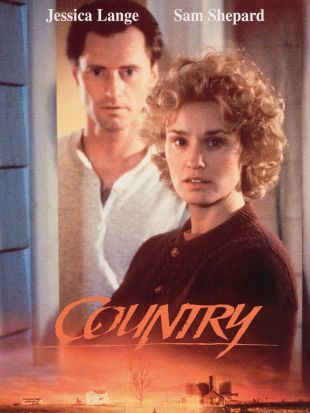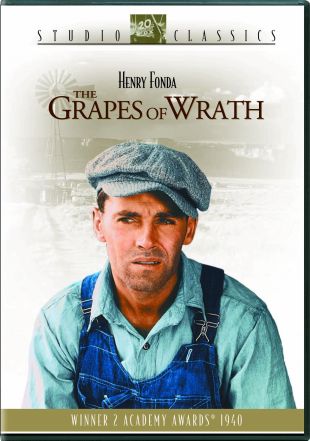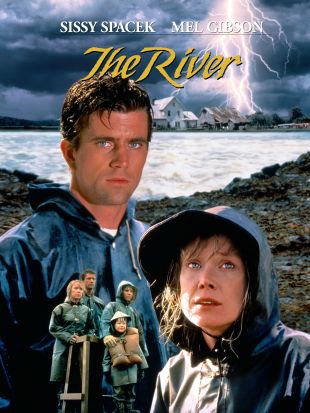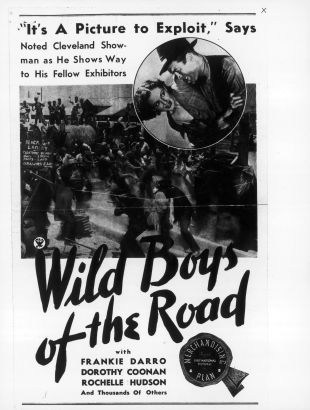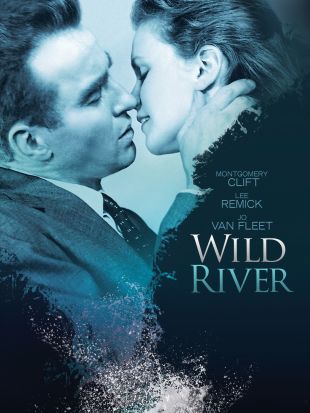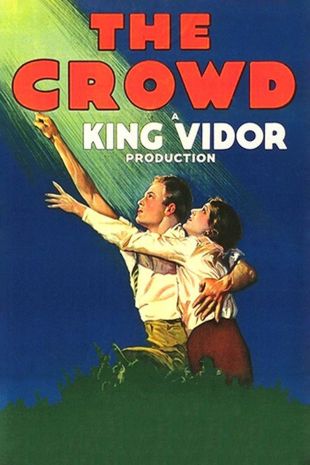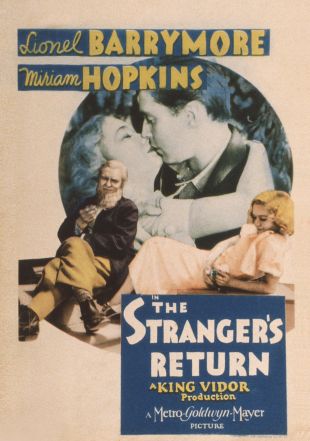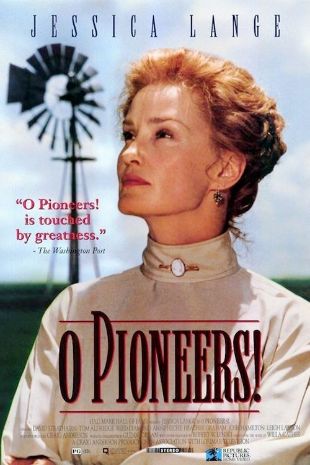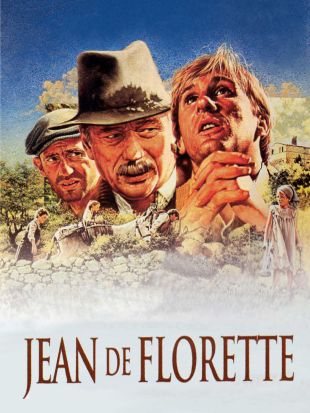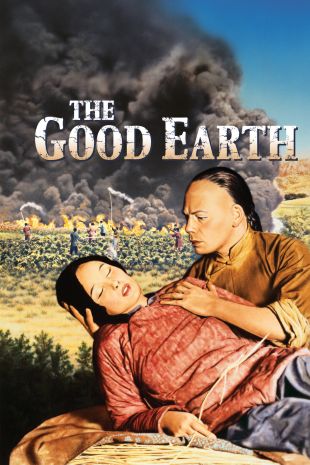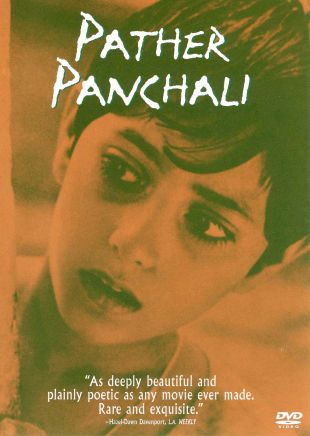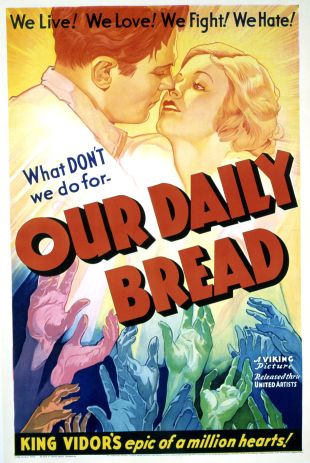
Our Daily Bread (1934)
Directed by King Vidor
Genres - Drama, Romance |
Sub-Genres - Rural Drama, Political Drama |
Release Date - Aug 1, 1934 (USA - Unknown), Oct 2, 1934 (USA) |
Run Time - 74 min. |
Countries - United States |
MPAA Rating - NR
Share on
Synopsis by Hal Erickson
Unable to secure Hollywood-studio backing for his Depression-era agrarian drama Our Daily Bread, director King Vidor financed the picture himself, with the eleventh-hour assistance of Charles Chaplin. Intended as a sequel to Vidor's silent classic The Crowd (1928) the film casts Tom Keene and Karen Morley as John and Mary, the roles originated in the earlier film by James Murray and Eleanor Boardman. Unable to make ends meet in the Big City, John and Mary assume control of an abandoned farm, even though they know nothing about tilling the soil. Generous to a fault, the couple opens their property to other disenfranchised Depression victims, and before long they've formed a utopian communal cooperative, with everyone pitching together for the common good. Beyond such traditional obstacles as inadequate funding, failed crops and drought, John is deflected from his purpose by sluttish blonde vamp Sally (Barbara Pepper), but he pulls himself together in time to supervise construction of a huge irrigation ditch -- a project which consumes the film's final two reels, and which turns out to be one of the finest and most thrilling sequences that Vidor (or anyone) ever put on film. The acting by Tom Keene and Barbara Pepper is atrocious, but John Qualen saves the show as a dedicated Swedish farmer, especially when he loudly rejects the notion that communal farming is a "Red" idea (this didn't stop the anti-New Deal press from labelling the film as "Pinko" back in 1934 -- and never mind that the communist press considered the film "capitalist propaganda"!) The optimistic finale, distinguished by its Eisentein-like "rhythmic" editing, fortunately lingers in the memory far longer than the film's dramatic and structural defects. Our Daily Bread is also enhanced by Alfred Newman's stirring musical score, later borrowed by Darryl F. Zanuck for his production of Les Miserables (1935).
Characteristics
Moods
Themes
Keywords
property, commune, depression, drought, farming, ideals, inheritance, land, struggle
